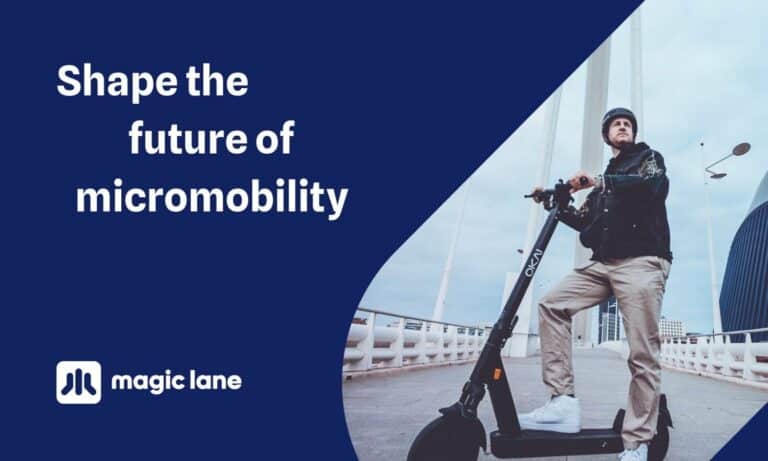Magic Lane uses thousands of data sources to help pedestrians, cyclists and motorists navigate. Developers can use software development kits to incorporate the platform into proprietary solutions. Unlike Google Maps, end users remain anonymous at all times.
Magic Lane is based in the Netherlands. The team stems from Route 66, an organization that brought the first navigation applications to personal computers in the 1990s. A few years back, the founders decided to rebuild the software from the ground up.
Magic Lane uses Open Street Maps and roughly 2,000 data sources to calculate routes for pedestrians and drivers of cars, scooters and bicycles — anywhere in the world, at any time. For end users, the solution is similar to Google Maps. Magic Lane makes it possible to plan optimal routes between two locations.
Over the past few years, the technology has been available in Magic Earth, a navigation app for Android and iOS. Recently, the organization took the next step. A new platform allows developers to build their own navigation solutions based on the same foundation as Magic Earth. The platform is now available.
For developers
A wide range of software development kits (SDKs) allows developers to incorporate the technology into a routing or navigation solution of their choice. The SDKs are available for iOS, Android, Javascript, QT, Linux, Flutter and C++.
The basis is always the same. When Magic Lane is incorporated into a product, end users get access to a navigation system. The SDKs allow you to omit or add features, use a custom front-end and apply map styles. Solutions like Magic Lane are known as white-label solutions: the technology is provided by a third party, but you’re free to present it as your own.
The platform is open, allowing organizations to add data sources with relative ease. Magic Lane always provides enough data to offer a solid navigation service, but some solutions rely on specialized information. For instance, when developing an app that calculates the most sustainable routes, it can be beneficial to integrate custom data streams on emissions, traffic and terrain.
Google Maps
The organization differentiates itself from systems like Google Maps by focusing on privacy. Magic Lane’s datacenters are located in Europe. According to the company, end-user data remains anonymous at all times. Organizations looking for a navigation platform to track users will have to look elsewhere.
A focus on privacy is rare in the market for navigation systems. Google recently settled for $390 billion in a US lawsuit over deceptive tracking practices.
